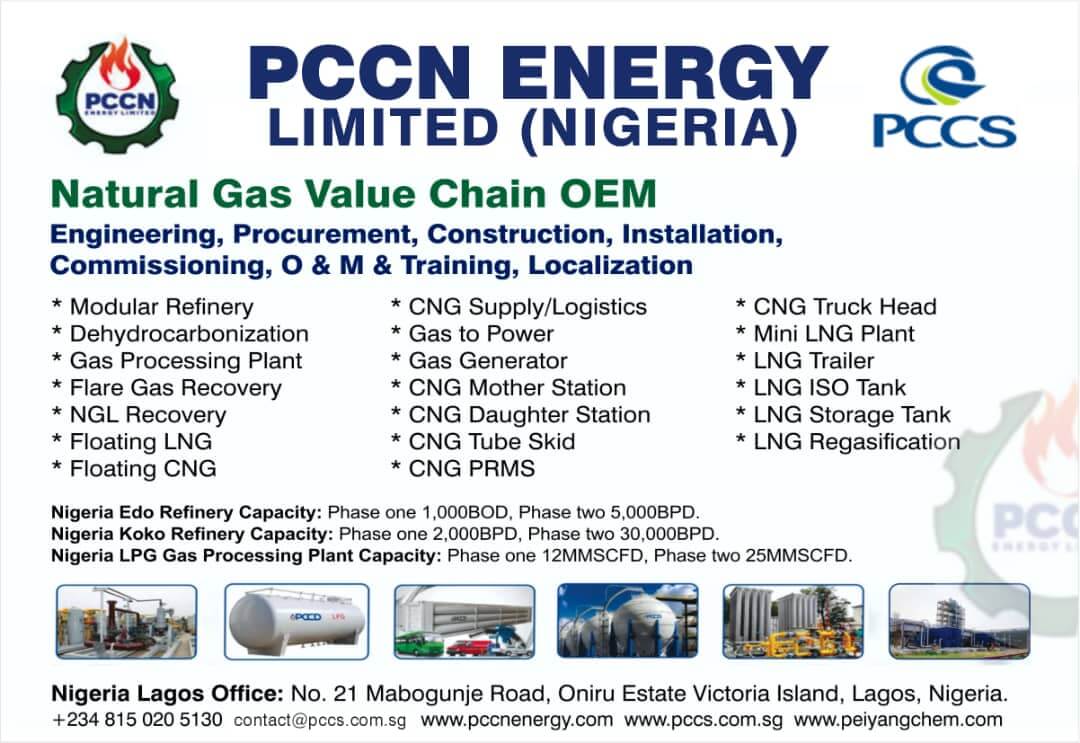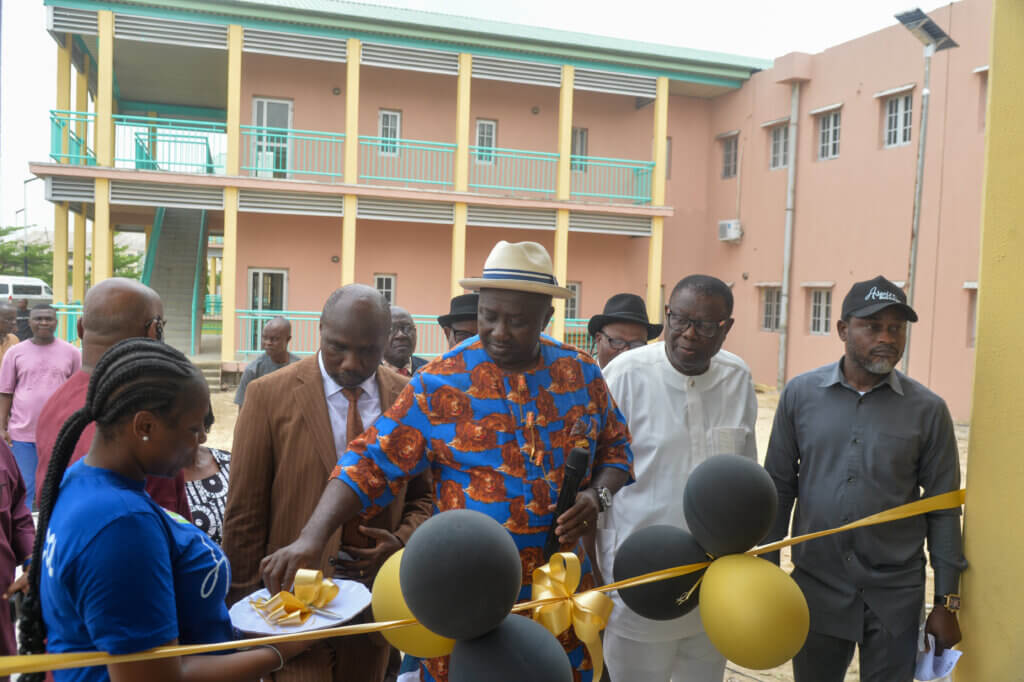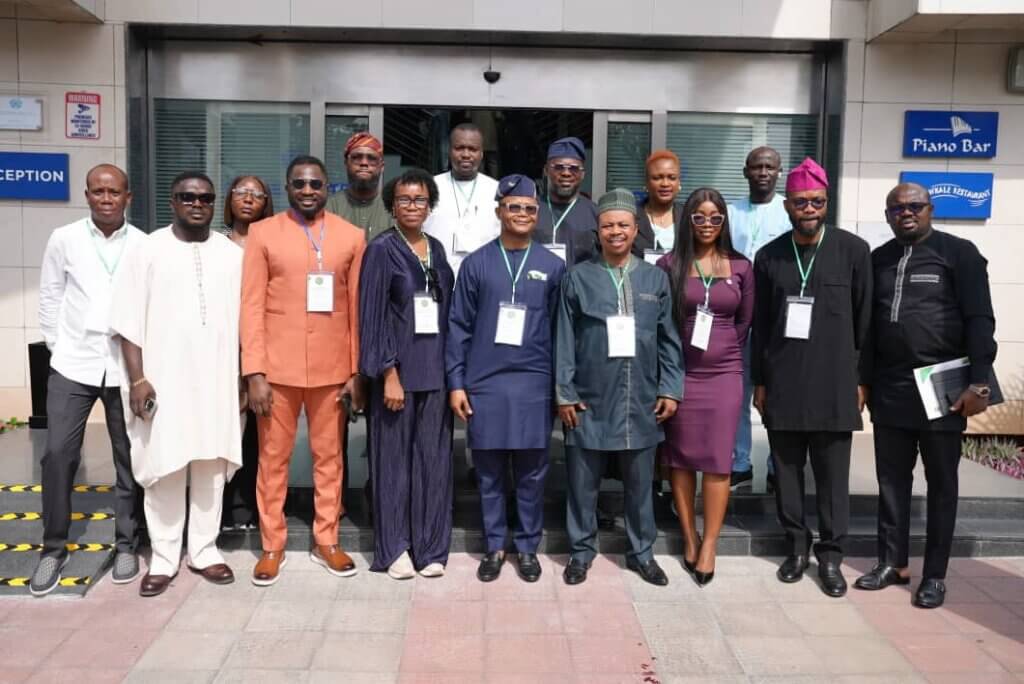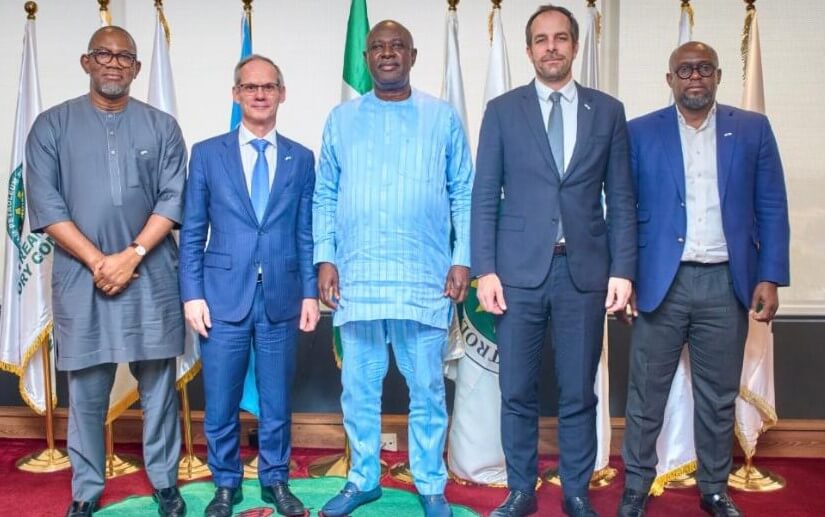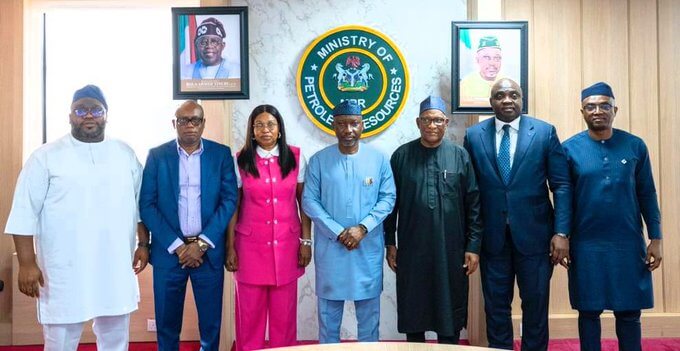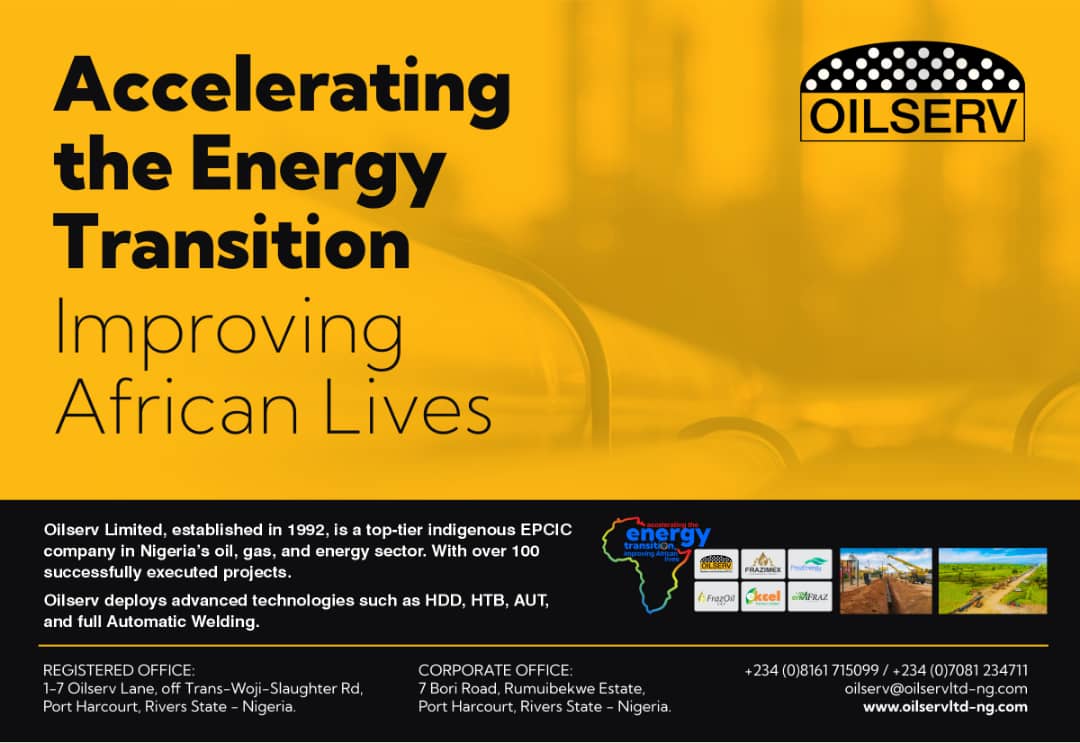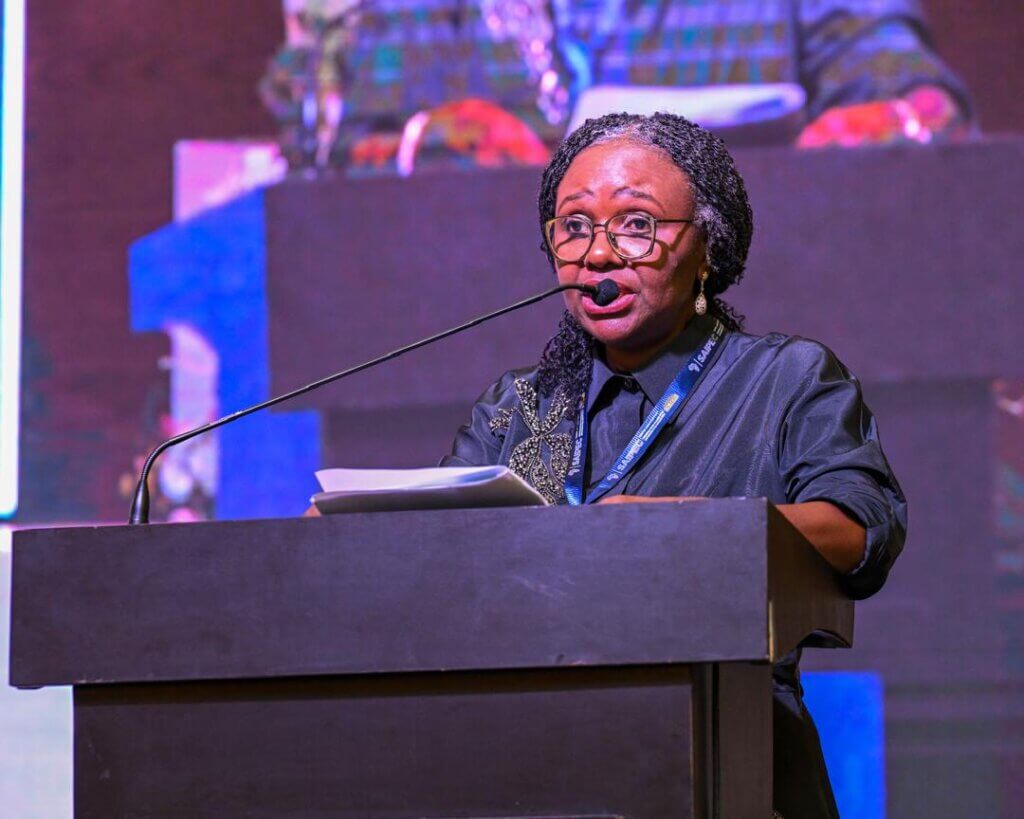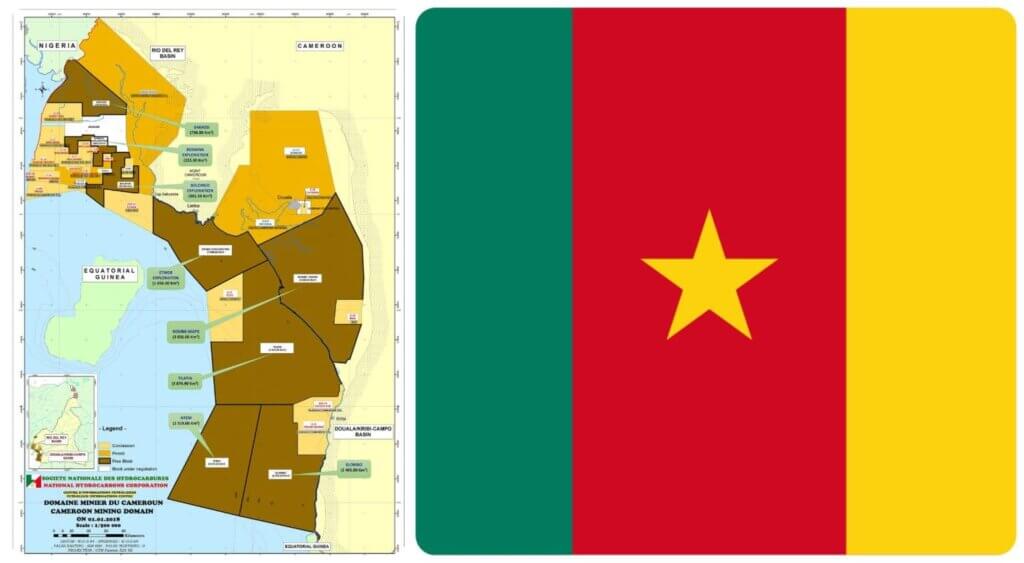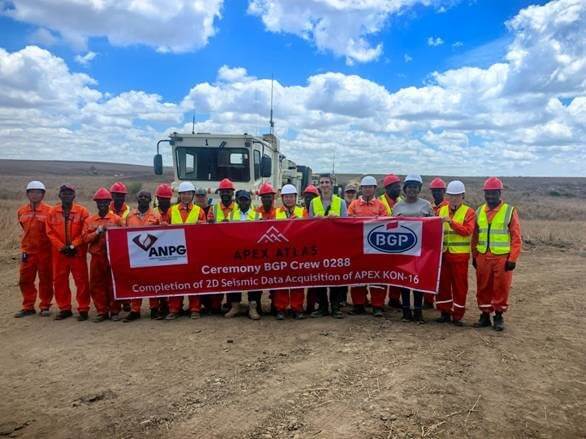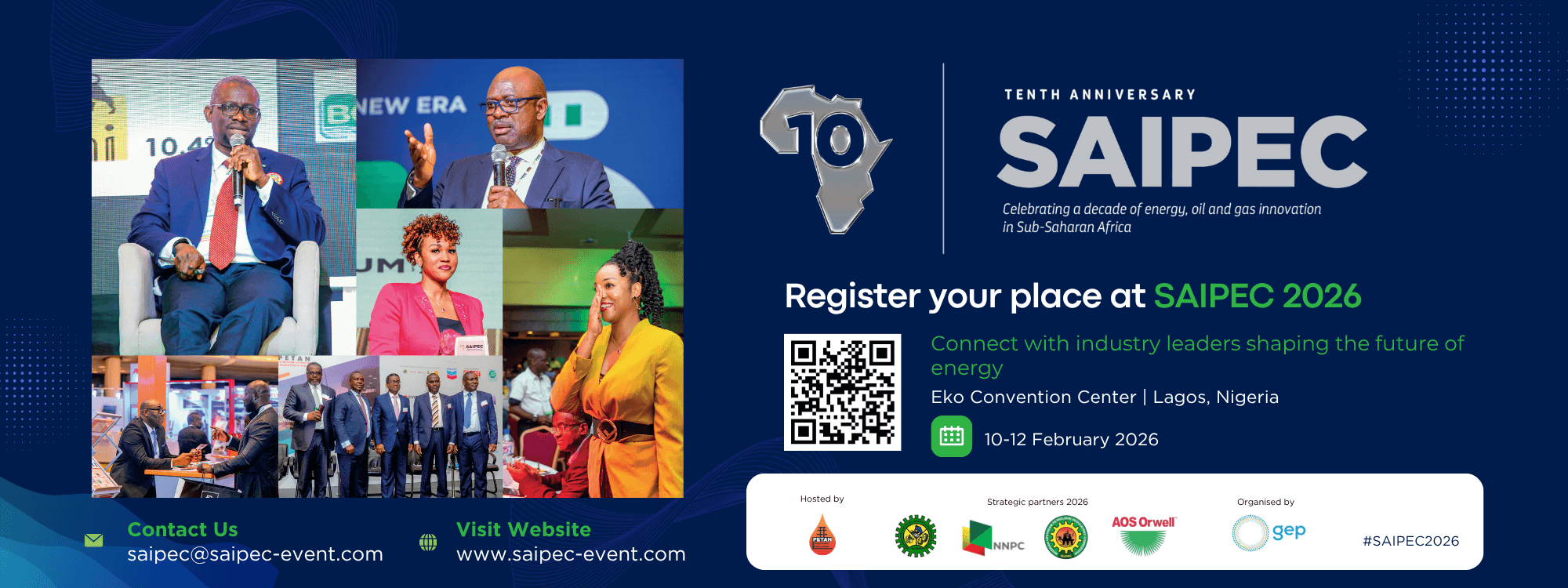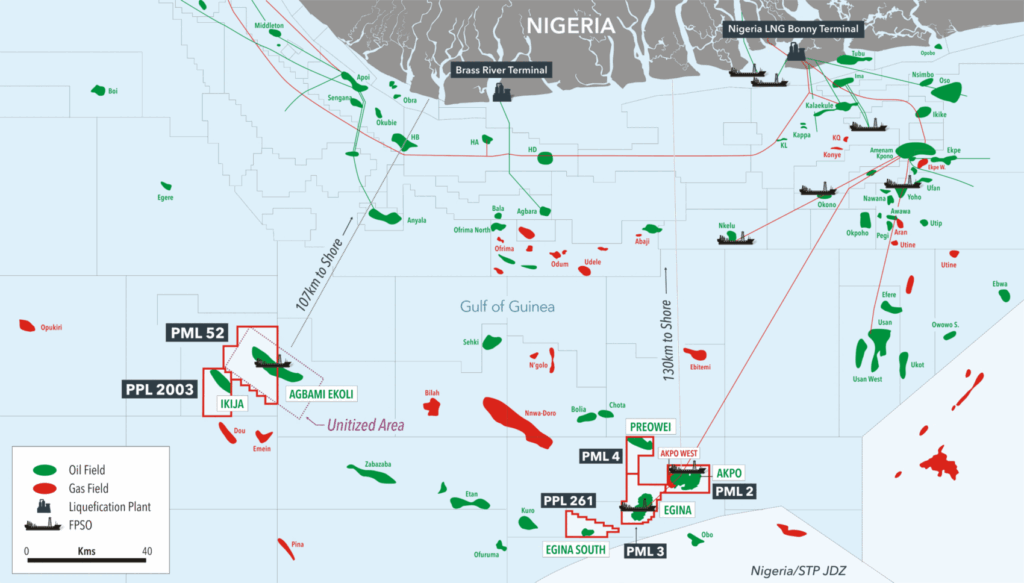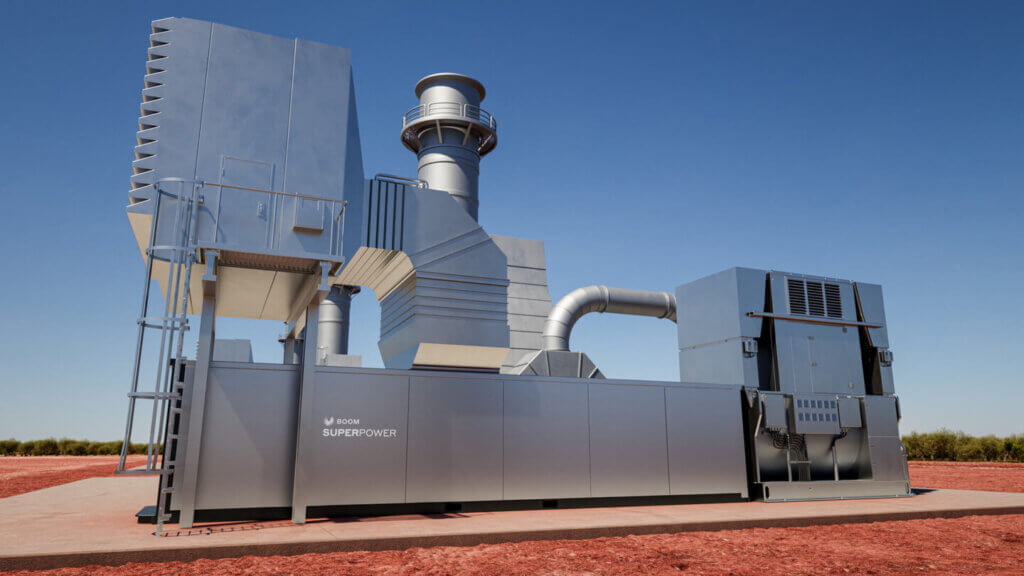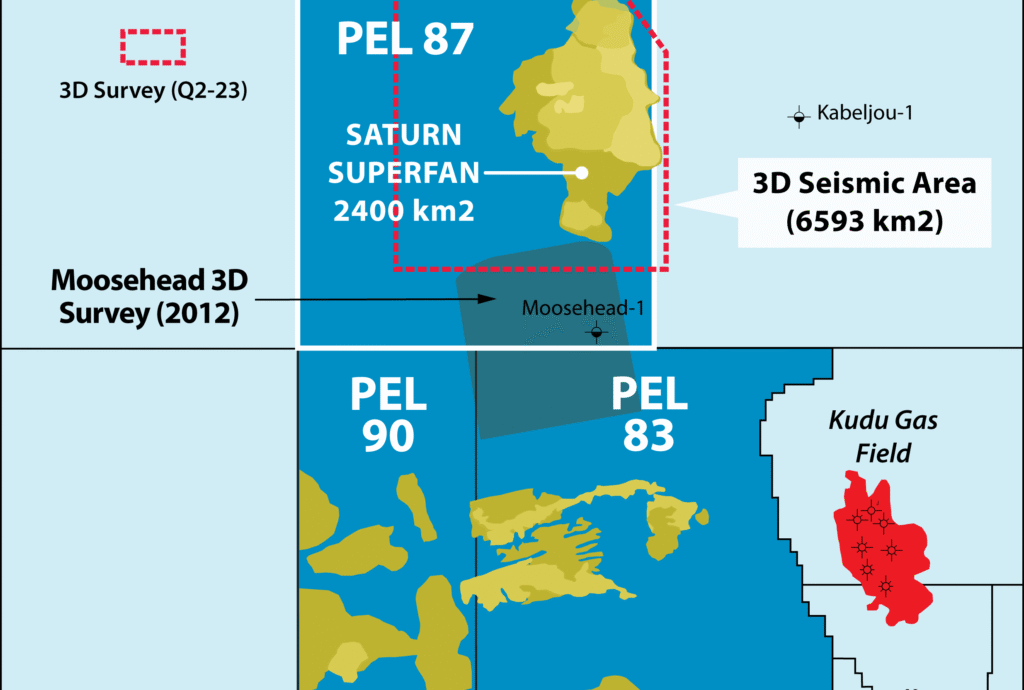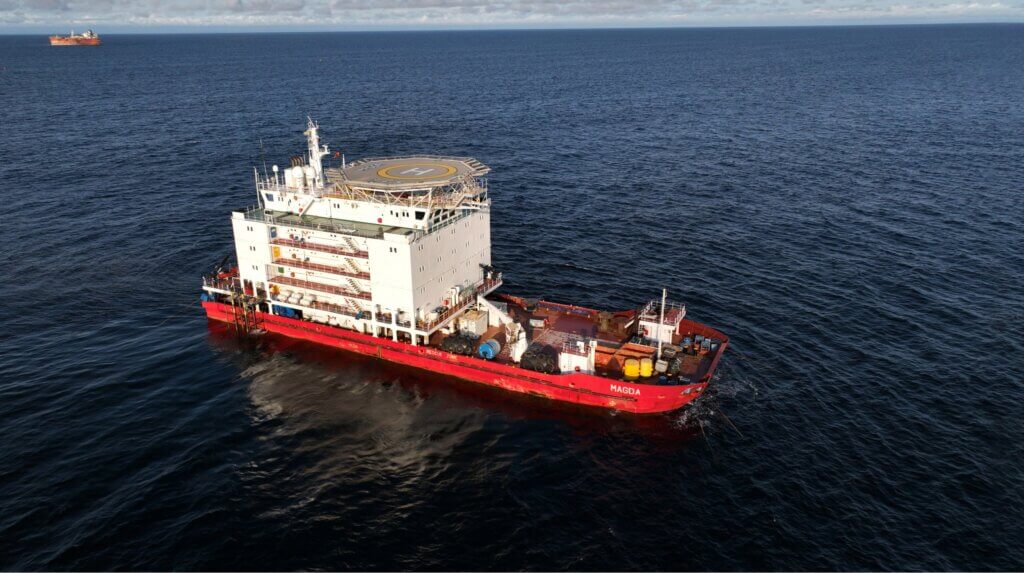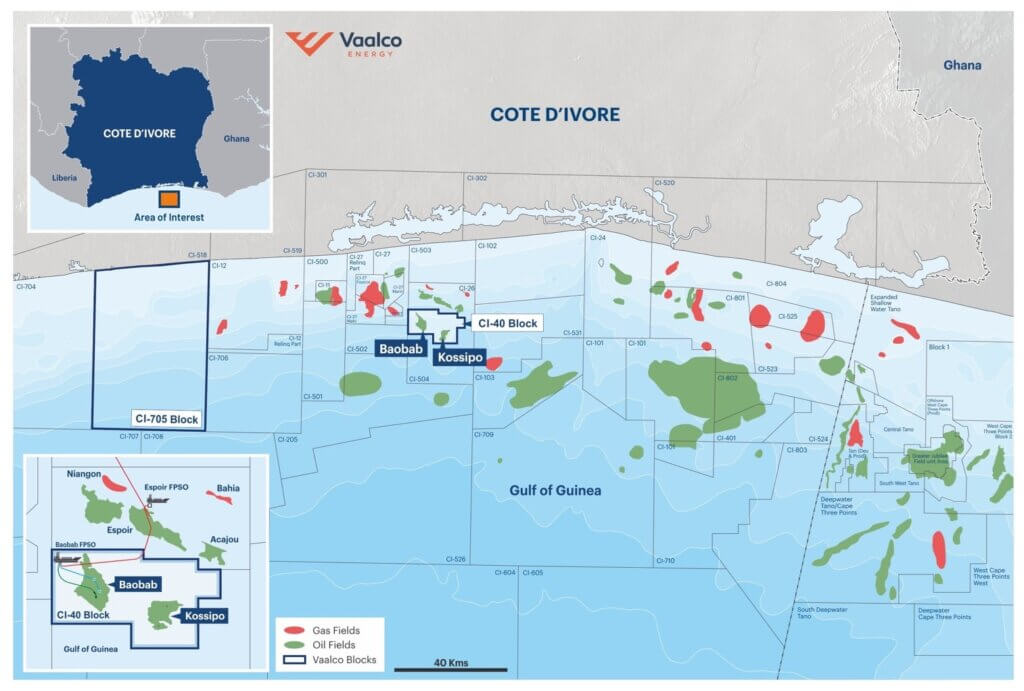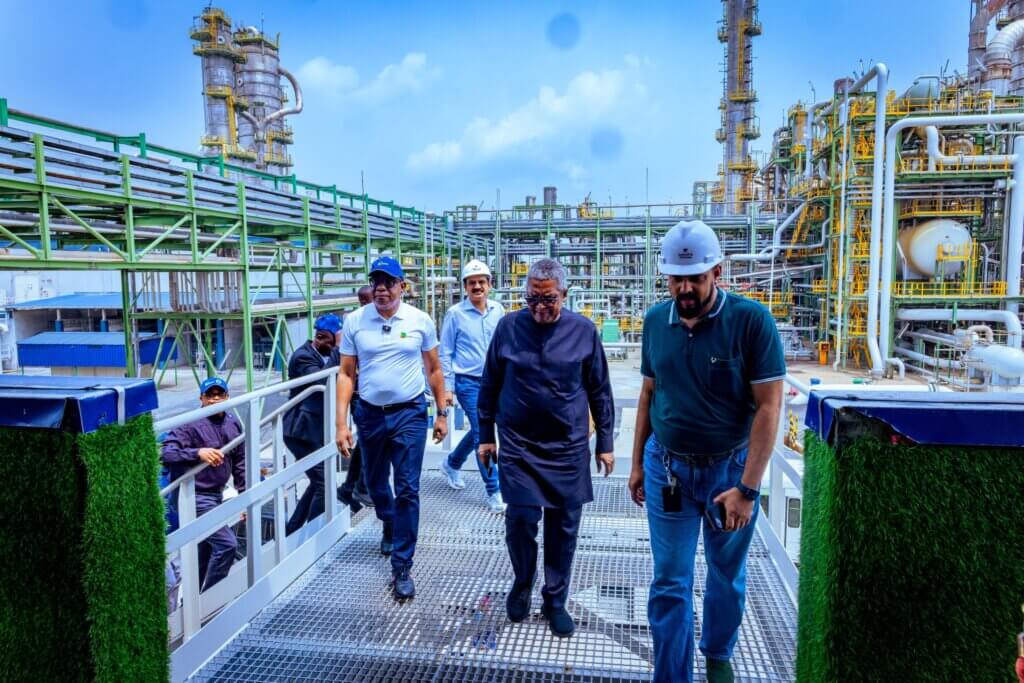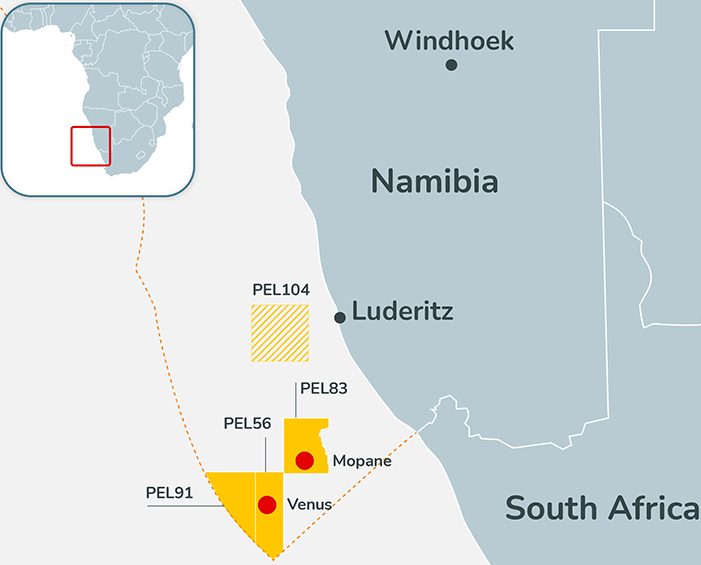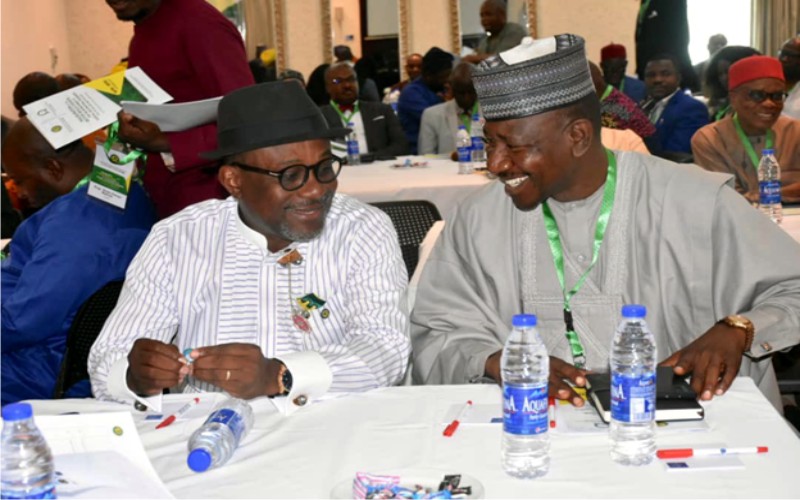
A new chapter in human capital development (HCD) for enhanced local content implementation in the hydrocarbons subsector began on Tuesday with the inauguration of an Oil and Gas Sector Skills Council and launch of National Occupational Standards (NOS) Project. Recommended by the Education and Training Sector Working Group of the Nigerian Content Consultative Forum (NCCF), an organ of the Nigerian Content Development and Monitoring Board (NCDMB), the Council and NOS Project were informed by strategic thinking on how to firm up the drive for a thriving and globally competitive oil and gas sector deeply rooted in local content.

The Executive Secretary of the NCDMB, Engr. Simbi Kesiye Wabote, who performed the inauguration in Lagos, said, “In our dynamic and ever-evolving industry, it is essential that we continuously adapt and equip our workforce with the essential competencies, skills, and knowledge that will enable them to excel.” According to him, a “standardised approach to workforce development,” as envisaged through the NOS project to be implemented in conjunction with the National Board for Technical Education (NBTE), would ensure constant availability of a pool of top-grade human resources, “a skilled and competent local workforce for the continued growth and sustainability of our nation’s oil and gas industry.” Engr. Wabote shared insights from experiences of countries renowned for effective occupational standards, noting that “Learning from the best is an essential step in ensuring the success of our own endeavour.” The United Kingdom, he pointed out, “is a global leader in developing and implementing effective occupational standards,” with an approach “characterized by rigorous research, stakeholder collaboration, and continuous monitoring.”
That country’s National Occupational Standards, he noted, “are regularly updated to reflect industry developments, ensuring relevance and alignment with current needs.” The practice is the same in Germany, famed for its “strong emphasis on apprenticeships and vocational training, resulting in a highly skilled workforce,” Singapore, Canada, Australia, and Japan. He said strong collaboration among stakeholders, commitment to continuous improvement, adaptability to industry changes, and a focus on quality assurance are common attributes of the aforementioned countries in regard to occupational standards.
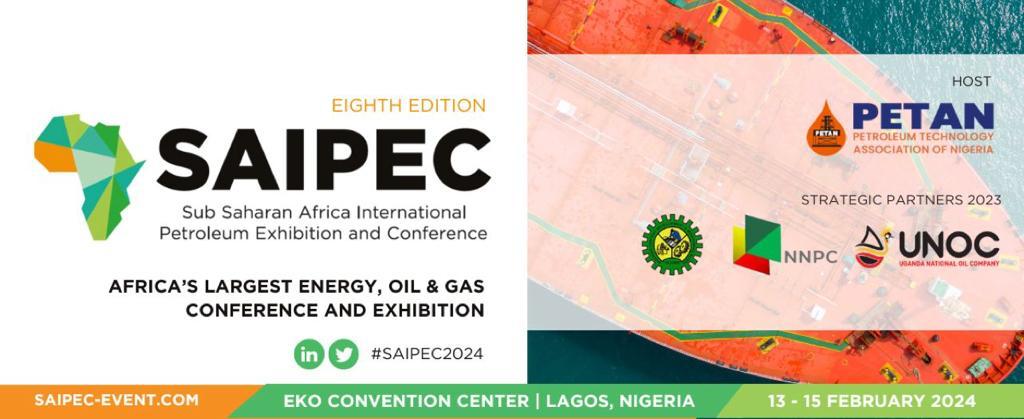
According to the NCDMB boss, the pilot NOS project is being launched in collaboration with NBTE, who have developed competency frameworks but none so far for the oil and gas industry. This phase covers seven areas of NOS development, namely, Geoscientists (Deepwater Operations), Coded Welders (Fabrication Operations), Instrument Engineers (Fabrication Operations), Divers (Well Servicing/Drilling Operations), 3-D Modelers (EPCI Operations), and additional two earlier submitted by the Petroleum Training Institute, Effurun, Delta State, to the NBTE. The current framework, Engr. Wabote explained, aims to achieve standardisation, that is, “standardized benchmarks for skills and competencies, ensuring a consistent and high-quality workforce in the oil and gas sector.”
Also in alignment, “By actively involving industry experts, academic institutions, regulator and other key stakeholders to ensure that the standards align with the specific needs of our industry.” He assured that “Our commitment to continuous improvement [the third objective of the framework] means that the NOS will evolve to adapt to the ever-changing landscape of the oil and gas sector,” and that “Regular reviews and updates are therefore required to keep standards relevant and up to date.”





















